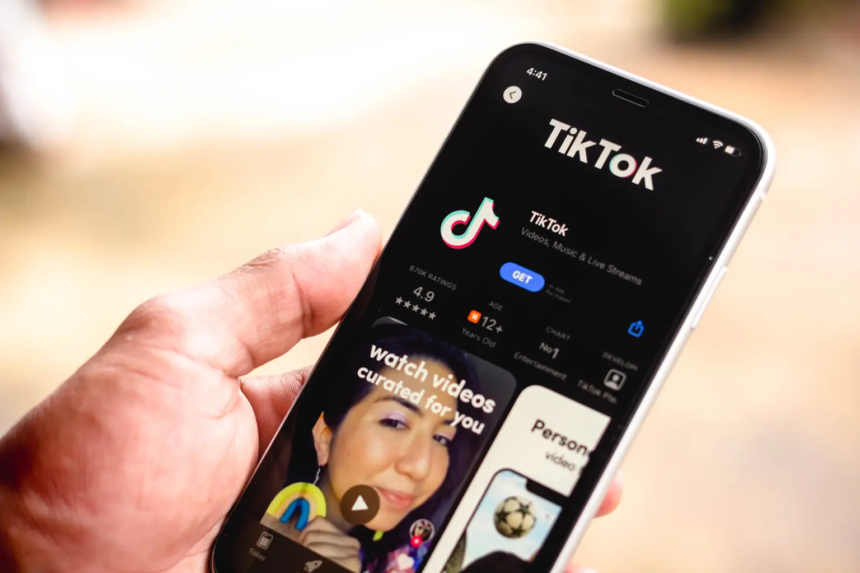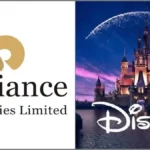- TikTok’s clashes with Universal Music and aggressive e-commerce push risk.
- Pushing shopping over entertainment contradicts TikTok’s algorithm-driven success.
- Prioritizing business goals over user experience could drive users to rival platforms.
Universal music group clash
TikTok has been on a roll lately, scoring major wins like President Biden joining the app this week despite years of security concerns from his administration. However, the company’s aggressive tactics to fuel growth are now backfiring.
TikTok is embroiled in a bitter licensing dispute with Universal Music Group, resulting in hugely popular artists like Taylor Swift disappearing from the app.
UMG accused TikTok of allowing “tidal waves of hate speech, bigotry, bullying, and harassment.” TikTok shot back that UMG prioritizes “greed above the interests of their artists.”

E-commerce overload concerns
The fight exposes cracks in relationships between TikTok and vital music partners.
At the same time, TikTok continues flooding feeds with e-commerce promotions, scanning videos to identify products for sale.
This alarms users and creators who built TikTok’s success through funny, creative videos – not shopping.
Prominent TikTok reviewer Katie Notopoulos wrote the algorithm now “feels like it is assessing me as a potential consumer” rather than “a diagnostic tool of my soul.”

Difficulties on the road ahead
TikTok’s unique algorithm and savvy creator relations drove meteoric growth.
However, severing ties with music partners, irritating creators and forcing shopping onto uninterested users could undermine that success.
If TikTok morphs into a social shopping channel at the expense of an entertaining, personalized feed, users may flock to competitors.
TikTok must carefully weigh business ambitions against preserving what makes it special.









